Basic Science
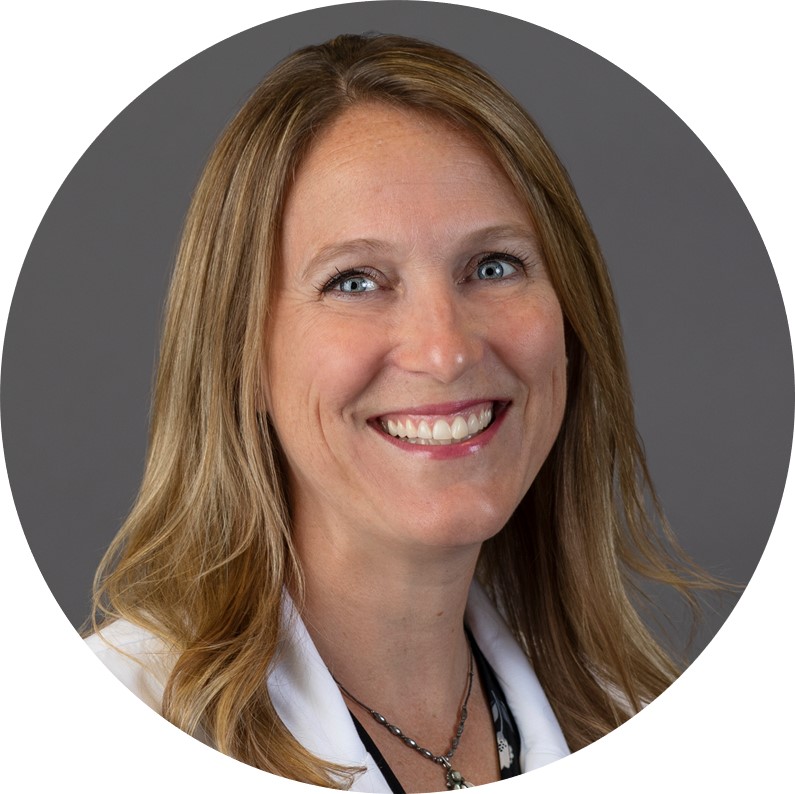
Dr Alana L. Welm, PhD
Senior Director of Basic Science, Ralph E. and Willia T. Main Presidential Endowed Chair in Cancer Research
Co-Director, Cell Response and Regulation Program
Professor, Oncological Sciences, Huntsman Cancer Institute,
University of Utah
>>> View and/or download conference session
Dr Welm received her undergraduate degree in Microbiology from the University of Montana. She then completed a PhD in Cell and Molecular Biology at Baylor College of Medicine in Houston, TX under the supervision of Gretchen Darlington, PhD. She then went onto conduct postdoctoral training in Dr. J. Michael Bishop’s laboratory at the University of California, San Francisco, where her work focused on developing new models of breast cancer metastasis. Dr Welm started her laboratory at the University of Utah’s Huntsman Cancer Institute in 2007. She now holds the Ralph E. and Willia T. Main Presidential Endowed Chair in Cancer Research and is Senior Director of Basic Science and Co-Director of the Cell Response and Regulation Program at Huntsman Cancer Institute. She has been awarded multiple grants from the National Cancer Institute and has received DOD Era of Hope Scholar and Susan G. Komen Scholar awards. She serves on advisory boards for the PDX- Integrator Group (Cambridge, United Kingdom), the J. Michael Bishop Institute for Cancer Research (Chengdu, China), the Baylor College of Medicine (BCM) Patient- Derived Xenograft and Advanced in vivo Models Core, the BCM SPORE, and the Indiana University Precision Health Initiative- Triple Negative Breast Cancer Center for Excellence.
Author's key paper
Tumor grafts derived from women with breast cancer authentically reflect tumor pathology, growth, metastasis and disease outcomes.
DeRoseYS, Wang G, Lin Y-C, Bernard PS, Buys SS, EbbertMTW, Factor R, MatsenC, MilashBA, Nelson E, NeumayerL, Randall RL, StijlemanIJ, Welm BE, and Welm AL. (2011)
Nat Med 17(11):1514-20. PMCID:PMC3553601
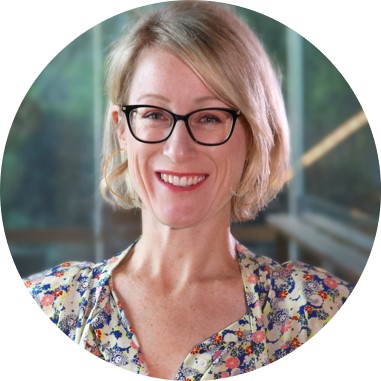
Associate Professor Christine Chaffer
Lab Head – Cancer Plasticity,
Garvan Institute of Medical Research, The Kinghorn Cancer Centre
Conjoint Associate Professor, St Vincent's Clinical School UNSW Medicine, University of New South Wales
>>> View and/or download conference session
Biography
Associate Professor Christine Chaffer is a laboratory head at the Garvan Institute. Her research focuses on the study of tumour‐initiating cells (TICs) and cellular plasticity in breast cancer. Her original research changed paradigms in cancer research by establishing that the unidirectional tumour‐initiating model could in fact operate as a bidirectional model, where non‐TICs and TICs readily interconvert. These findings were published in Cell, PNAS and recently in Nature Cell Biology. She has authored multiple perspective pieces and review articles considering the role of cell plasticity in cancer progression published in Science, Cancer Discovery and Nature Medicine.
Background
Christine completed her training in cancer biology at the University of Melbourne (PhD) followed by her post‐doctoral studies at the Whitehead Institute of Biomedical Research, MIT, Cambridge, USA, with Professor Robert A Weinberg – a world‐leader in cancer biology. She returned to Australia full‐time in January 2018 to establish her independent laboratory.
Awards
Recently Christine was awarded the Rebecca Wilson Fellowship in Breast Cancer Research from the The Nelune Foundation and Garvan Institute, The Miriam Douglas Blue Sky Endowment (2019) and she was a finalist for the Alan Skyring Memorial Award (ASMR). Christine has >10,000 career citations. Her work is currently funded by NHMRC, NBCF and CINSW.
Research focus
Christine’s lab uses models of mammary gland biology, breast cancer biology and cancer stem cells/tumour‐initiating cells to study cellular transitions, including the epithelial‐to‐mesenchymal (EMT) and the reverse process, the mesenchymal‐to‐epithelial (MET) transition. Her lab investigates their role in driving cancer development, progression and metastasis. Her work also aims to provide translational therapeutic benefits.
Author's key paper
IL‐1β inflammatory response driven by primary breast cancer prevents metastasis‐initiating cell colonization
Castaño Z, San Juan BP, Spiegel A, Pant A, DeCristo MJ, Laszewski T, Ubellacker JM, Janssen SR, Dongre A, Reinhardt F, Henderson A, Garcia del Rio A, Gifford AM, Herbert ZT, Hutchinson JN, Weinberg RA, Chaffer CL** McAllister SS**. (2018).
Nature Cell Biology. 20(9):1084‐1097
Normal and neoplastic epithelial cells can spontaneously dedifferentiate to a stem‐like state
Chaffer CL, Brueckmann I, Scheel C, Kaestli AJ, Wiggins PA, Rodrigues LO, Reinhardt F, Su Y, Polyak K, Arendt LM, Kuperwasser C, Bierie B, Brooks M, Weinberg RA. (2011).
PNAS. 108(19):7950‐5
Poised chromatin at the ZEB1 promoter enables cell plasticity and enhances tumorigenicity
Chaffer CL, Marjanovic ND, Lee TI, Bell G, Kleer CG, Reinhardt F, D’Alessio AC, Young RA, Weinberg RA. (2013)
Cell. 154(1):61‐74
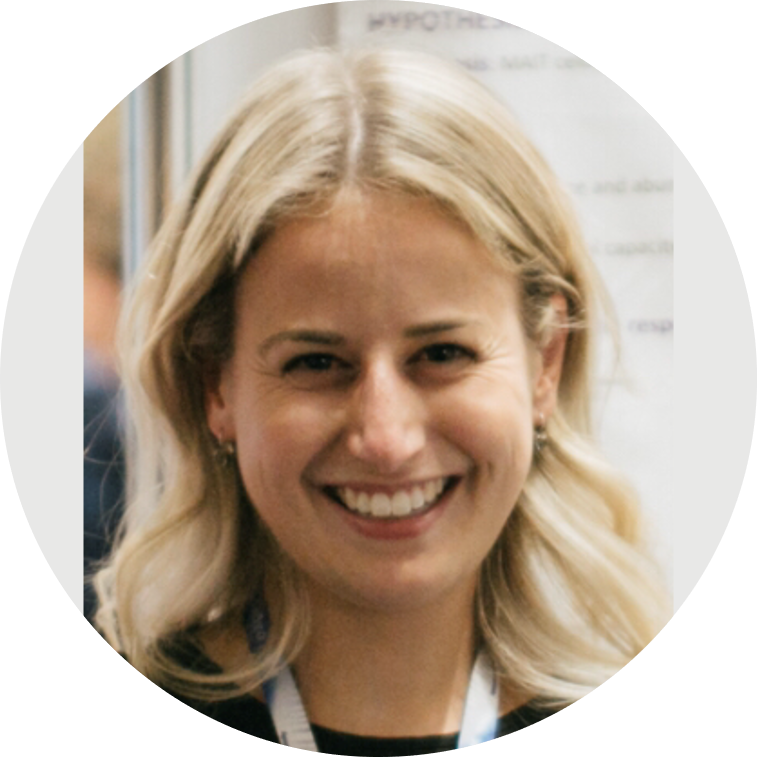
Dr Rosemary Millen
Utrecht University
Hubrecht Institute
Website @rosie_millen Rosemary Millen
>>> View and/or download conference session
Rosie completed her PhD in April 2019 at University of Melbourne through Peter MacCallum Cancer Centre and St Vincent’s Hospital under Professor Rob Ramsay and Professor Kumar Visvanathan. Her research focused on understanding the function of tumor infiltrating lymphocytes (TILS) using patient-derived organoid models from colorectal cancer patients.
Rosie moved to Utrecht, The Netherlands in September 2019 to undertake her first postdoc at the Hubrecht Institute in the lab of Professor Hans Clevers who developed organoid technology. She is now working on a clinical trial establishing organoids from patients with head and neck cancer. Her current project focuses on performing high-throughput chemoradiotherapy drug screens in vitro to see if organoid models can be used as a predictive platform to guide clinical decision making.
Author's key paper
Tumor Infiltrating Lymphocyte Function Predicts Response to Neoadjuvant Chemoradiotherapy in Locally Advanced Rectal Cancer
*Kong, Guerra & *Millen, R, et al. Journal of Precision Oncology, 2018
*Equal First Author
Translational/Clinical
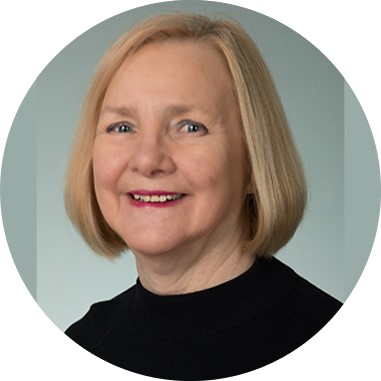
Professor Yvonne Paterson, PhD
Professor of Microbiology
University of Pennsylvania
Perelman School of Medicine
>>> View and/or download conference session
Yvonne Paterson, PhD, is professor of microbiology at the University of Pennsylvania. Her research is in the field of cancer immunotherapy. She is the inventor of a vaccine approach that harnesses the abilities of a bacterium, Listeria monocytogenes, and its products, to induce potent immunity. This approach has won many awards including the World Vaccine Congress’ Best Therapeutic Vaccine in 2012, the Medical Visionary Award from the Farrah Fawcett Foundation in 2015, and the Vision of Hope award from the Sarcoma Foundation of America in 2016. Dr Paterson has over 40 U.S. patents, and numerous international patents, licensed to Advaxis Immunotherapies Inc., which she founded in 2002. In 2017 she was named “Inventor of the Year” by the Penn Center for Innovation. She has 185 research publications and has edited two books. Dr Paterson is a fellow of the National Academy of Inventors, the American Academy of Microbiology, the American Association of Arts and Sciences and she was selected in 2014 for inclusion in PharmaVoice’s 100 Most Inspiring People in the Life-Sciences Industry.
Author's key paper
A recombinant Listeria monocytogenes vaccine expressing a model tumour antigen protects mice against lethal tumour challenge and causes regression of established tumours.
Pan, Z-K, Ikonomidis, G., Lazenby, A., Pardoll, D., and Y. Paterson. Nature Medicine 1:471-477. 1995
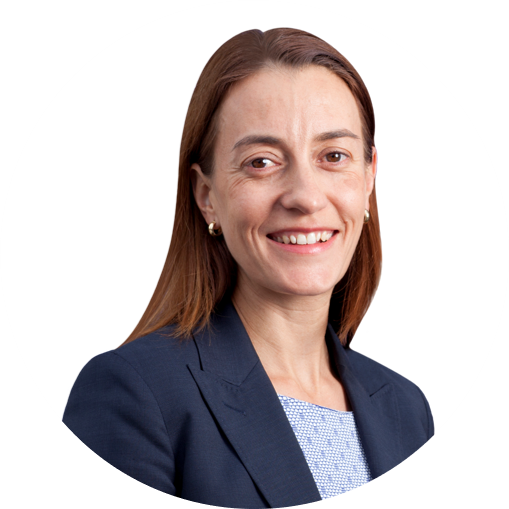
Professor Sarah-Jane Dawson, MBBS (Hons); FRACP; PhD (Cantab)
Consultant Medical Oncologist, Breast Unit
Head, Molecular Biomarkers and translational Genomics Lab
University of Melbourne
Professor Sarah-Jane Dawson is a clinician-scientist. She obtained her medical degree from the University of Melbourne in 1998, and trained as a medical oncologist in Melbourne, Australia. She completed her PhD at the University of Cambridge, UK. Following postdoctoral studies at the Cancer Research UK Cambridge Institute, she returned to Melbourne in 2014 to head the Molecular Biomarkers and Translational Genomics Laboratory at the Peter MacCallum Cancer Centre. She also holds a joint appointment with the Centre of Cancer Research at The University of Melbourne (since 2016) and currently holds a CSL Centenary Fellowship (2018-2022). She is a fellow of the Australian Academy of Health and Medical Sciences and was recipient of the Jian Zhou Medal in recognition of translational medical science in 2020. Her current research interests are focused on the development of noninvasive blood-based biomarkers ('liquid biopsies') for clinical application, including early detection, risk stratification and disease monitoring in cancer management.
Author's key paper
Analysis of circulating tumor DNA to monitor metastatic breast cancer
SJ. Dawson*, D.W.Y. Tsui*, M. Murtaza, H. Biggs, O. Rueda, SF. Chin, M. Dunning, D. Gale, T. Forshew, B. Mahler-Araujo, S. Rajan, S. Humphray, J. Becq, D. Halsall, M. Wallis, D. Bentley, C. Caldas and N. Rosenfeld.
New England Journal of Medicine. 2013 March 28; 368(13):1199-209
(* first author). doi: 10.1056/NEJMoa1213261
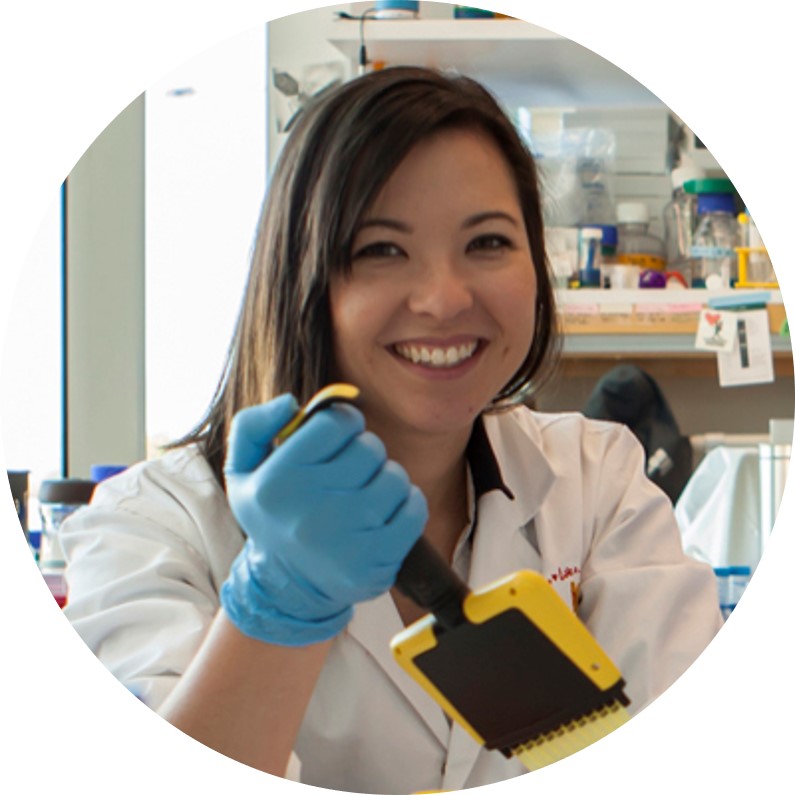
Dr Raelene Endersby
University of Western Australia
Telethon Kids Institute
>>> View and/or download conference session
Raelene completed a Bachelor of Science with first-class Honours in Molecular Genetics from Curtin University. Inspired to make a difference in medical research, she completed a PhD focused on the characterisation of a previously unknown leukaemia-associated gene. Raelene then undertook postdoctoral training in childhood brain cancers and developmental neurobiology at St Jude Children’s Research Hospital, USA. In 2011, she was awarded a fellowship to return to Australia and join the Telethon Kids Institute. In 2016, Raelene was awarded the Brainchild Fellowship and appointed Joint Head of Brain Tumour Research within the Telethon Kids Cancer Centre.
Dr Endersby has made significant contributions to her field of research having published numerous manuscripts and supervised 24 post-graduate student research projects in cancer. The impact that she has made can be evidenced by having been awarded an international patent for work stemming from her PhD, but perhaps most importantly research performed in her laboratory has led to the approval and implementation of a new clinical trial for children with incurable medulloblastoma called SJ-ELIOT (Clinicaltrials.gov NCT04023669), which began recruiting patients in 2019.
Author's key paper
Cooperativity within and among Pten, p53 and Rb pathways induces high-grade astrocytoma in adult brain
Chow LM, Endersby R, Zhu X, Rankin S, Qu C, Zhang J, Broiscer A, Ellison DW, Baker SJ.
Cancer Cell. 2011. 19(3):305-16.
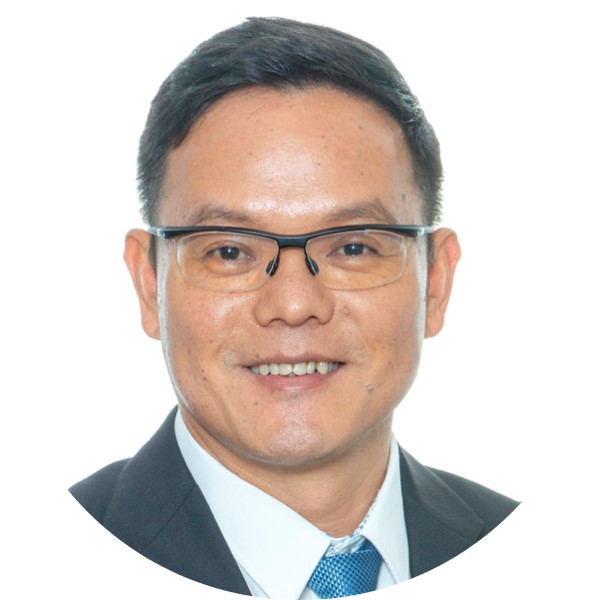
Associate Professor Zhang Yongliang
LSI Immunology Programme, Department of Microbiology and Immunology
Yong Loo Lin School of Medicine, National University of Singapore
Dr Zhang Yongliang obtained his BSc in Biology from Zhejiang Normal University, China in 1992, his MS in Microbiology from Wuhan University, China in 1995, and his PhD in Molecular Microbiology in 2002 from the National University of Singapore (NUS), Singapore. He performed his postdoctoral research in the Department of Immunology, University of Washington, USA, and the Department of Immunology, the University of Texas M. D. Anderson Cancer Center, USA. He was an Instructor in the Department of Immunology, M. D. Anderson Cancer Center before he joined the Department of Microbiology and the LSI Immunology Programme, NUS, as an Assistant Professor in 2009. He was promoted to Associate Professor with Tenure in 2017. Research in his laboratory focuses on deciphering the physiological and pathophysiological functions of signalling molecules, mainly a group of proteins known as MAPK phosphatases (MKPs) or dual-specificity phosphatases (DUSPs). He utilizes multiple animal models including chemical-induced and genetic mutation-mediated cancer models, obesity and obesity-associated disease models, and microbial infection models, as well as clinical sample analysis to address the function of these key molecules in cell signalling. Findings made by his group unveiled novel and important roles played by MKPs/DUSPs in diseases. Targeting MKPs/DUSPs for the development of novel therapeutic methods to improve patient outcomes is one of his major research interests currently and in the future. He has published research articles in top international journals including Nature, Nature Immunology, Immunity, EMBO J, PNAS, Oncogene and Cell Reports.